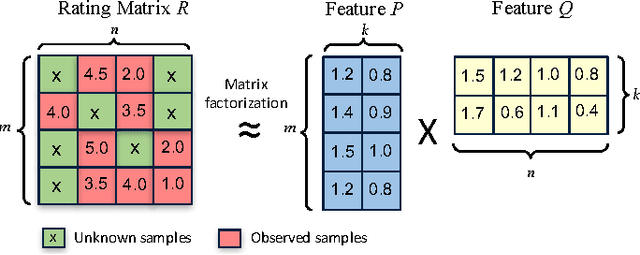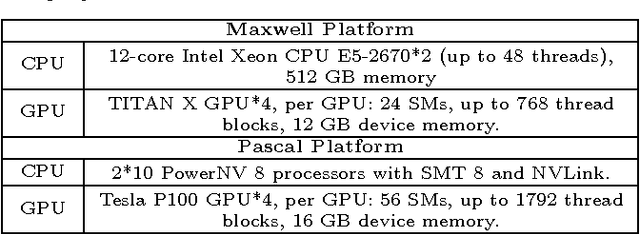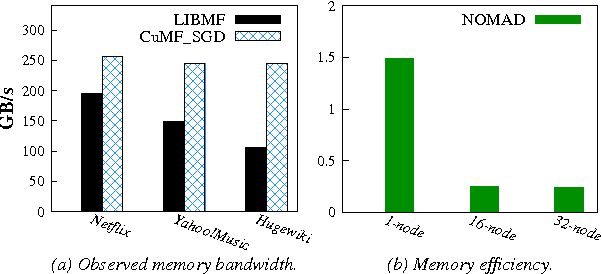Xiaolong Xie
Delayed Bottlenecking: Alleviating Forgetting in Pre-trained Graph Neural Networks
Apr 23, 2024Abstract:Pre-training GNNs to extract transferable knowledge and apply it to downstream tasks has become the de facto standard of graph representation learning. Recent works focused on designing self-supervised pre-training tasks to extract useful and universal transferable knowledge from large-scale unlabeled data. However, they have to face an inevitable question: traditional pre-training strategies that aim at extracting useful information about pre-training tasks, may not extract all useful information about the downstream task. In this paper, we reexamine the pre-training process within traditional pre-training and fine-tuning frameworks from the perspective of Information Bottleneck (IB) and confirm that the forgetting phenomenon in pre-training phase may cause detrimental effects on downstream tasks. Therefore, we propose a novel \underline{D}elayed \underline{B}ottlenecking \underline{P}re-training (DBP) framework which maintains as much as possible mutual information between latent representations and training data during pre-training phase by suppressing the compression operation and delays the compression operation to fine-tuning phase to make sure the compression can be guided with labeled fine-tuning data and downstream tasks. To achieve this, we design two information control objectives that can be directly optimized and further integrate them into the actual model design. Extensive experiments on both chemistry and biology domains demonstrate the effectiveness of DBP.
CuMF_SGD: Fast and Scalable Matrix Factorization
Nov 10, 2016



Abstract:Matrix factorization (MF) has been widely used in e.g., recommender systems, topic modeling and word embedding. Stochastic gradient descent (SGD) is popular in solving MF problems because it can deal with large data sets and is easy to do incremental learning. We observed that SGD for MF is memory bound. Meanwhile, single-node CPU systems with caching performs well only for small data sets; distributed systems have higher aggregated memory bandwidth but suffer from relatively slow network connection. This observation inspires us to accelerate MF by utilizing GPUs's high memory bandwidth and fast intra-node connection. We present cuMF_SGD, a CUDA-based SGD solution for large-scale MF problems. On a single CPU, we design two workload schedule schemes, i.e., batch-Hogwild! and wavefront-update that fully exploit the massive amount of cores. Especially, batch-Hogwild! as a vectorized version of Hogwild! overcomes the issue of memory discontinuity. We also develop highly-optimized kernels for SGD update, leveraging cache, warp-shuffle instructions and half-precision floats. We also design a partition scheme to utilize multiple GPUs while addressing the well-known convergence issue when parallelizing SGD. On three data sets with only one Maxwell or Pascal GPU, cuMF_SGD runs 3.1X-28.2X as fast compared with state-of-art CPU solutions on 1-64 CPU nodes. Evaluations also show that cuMF_SGD scales well on multiple GPUs in large data sets.
 Add to Chrome
Add to Chrome Add to Firefox
Add to Firefox Add to Edge
Add to Edge